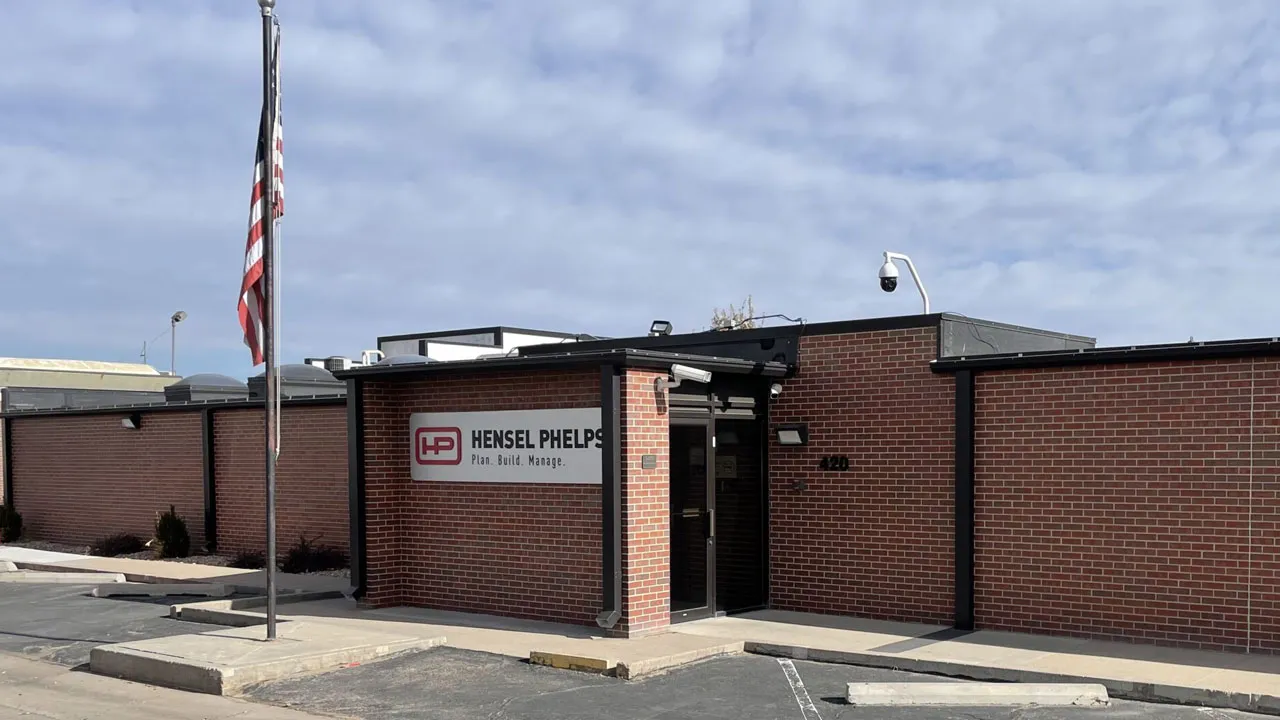Home buyers should exercise caution to avoid fraudulent mortgage wires
Anyone who has purchased a home in Colorado is familiar with this scenario: After going under contract, you complete all of the necessary steps, from inspection through loan approval; you receive an email with instructions from the title company and wire your money to them the day before closing; you show up the following day, sign a voluminous stack of papers, and finally get your hands on the keys to your new house. The feeling of joy, relief, excitement, and myriad other emotions is palpable in the closing room.
How would it feel, however, to show up to the title company on the day of closing to hear that the title company never received your down-payment wire? Can you imagine that sinking feeling in the pit of your stomach as your hands start to sweat and your mind begins to race? “I wired the money yesterday. How can you not have it?!? This must be a mistake!”
What if this was not a mistake? What if instead it was a carefully orchestrated fraud that no one detected until it was too late?
SPONSORED CONTENT
The scenario often plays out like this: You receive an email with instructions from the title company, detailing how and where to wire your money to ensure it’s there in time for closing (because if your money is not there at the time of closing, the buyer could be in default and you could lose your new house and the earnest money). The fraudsters have likely been monitoring the email communications between you, your agent and your title company — their hack could have occurred at any of these points, but the bottom line is that they’ve likely been watching your email for some time. While there are variations, normally after the email from the title company to you goes out, the fraudster sends a follow-up email to you, posing as the title company, stating that the earlier email contained an error and please wire the money to the account in their email. Please note that this email looks legitimate, just as if it came from your contact at the title company.
This is the critical moment. If you assume that the email is legitimate and you wire the money to the new account, your down payment could be lost forever. If you are skeptical and call the title company at the phone number in the email and verify the account number, your down payment also could be lost forever.
In fact, these schemes are so sophisticated and believable, that the only way to know for sure is to either look up the title company online (not in the email), and call to verify its authenticity, or simply bring a cashier’s check to closing.
You may say to yourself, “I’d never fall for a scheme like that,” but that is what the fraudsters are counting on. I am aware of multiple recent fraud attempts on buyers in the Boulder Valley. In one case, the buyer actually wired the money to the fraudster’s account. This was a sizeable wire transfer, and if those funds had been lost, the buyer could not close on his new home; meaning he would lose his new home, his down payment and his earnest money (for failure to deliver his money in time for closing). In this case, the buyer became suspicious shortly after sending the wire and contacted his real estate agent, who immediately called the title company and advised the buyer to alert his bank. The bank that received the fraudulent wire stated that the money had been wired to a third bank, but luckily the third bank was contacted before the money could be withdrawn or wired again. Eventually, the buyer received his money back and was able to close on the home (but had to delay closing until the funds were back). He was one of the lucky ones.
The bottom line is that if you are or will be buying a home, either bring a cashier’s check to closing, or be supremely careful to whom you’re wiring your down payment. Your real estate agent may be your best ally in this as he or she likely knows the representatives at the title company and can help you verify their authenticity.
Jay Kalinski is broker/owner of Re/Max of Boulder. He can be reached at jaykalinski@remax.net.
Home buyers should exercise caution to avoid fraudulent mortgage wires




